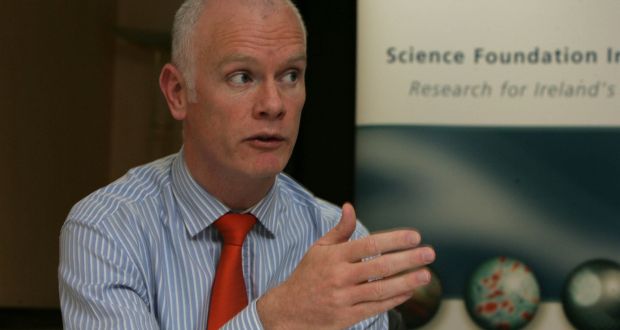The Higher Education Authority (HEA) has made a submission to the Department of Education calling for a “new and comprehensive statement” affirming the legal boundaries between the two organisations.
The HEA’s submission requests that the legal clarifications provide confirmation surrounding the role of the authority in advising the Minister for Education on policy, and on the influence the authority should hold over priority areas for research investment.
Specifically with regards to the relation the Minister for Education should have over regulation in the HEA, the statement asked that “powers and limitations on the powers of the HEA and those of the Minister should be clearly set out in legislation”.
This comes following the resignation of the chief executive of the HEA, Dr Graham Love, in late August. After eighteen months in the position, Dr Love described “frustration at senior levels over the extent of control from the Department of Education” as among the reasons for his departure from the role. Furthermore, the former chief executive expressed that the role had not “matched [his] expectations”, and commented on “micro-managing” by the Department of Education.
The HEA’s statement also made reference to the recommendations from the Organisation of Economic Cooperation and Development (OECD) and an expert report, which had previously outlined that the department should “remove itself from operational roles and focus more on strategy and policy development”.
Further statements in the submission included a reference to the likelihood of an increasing number of foreign higher education institutions following Brexit, and whether they will be eligible for funding programmes such as Springboard, and a request for the HEA to collect more data on students and staff in publicly-funded institutions. This may include PPSN numbers, and Eircode data for students, but could extend to include salary bands and gender for staff.
Records released earlier this month under the Freedom of Information Act showed that the Chairman of the HEA, Michael Horgan, had urged Dr Love to stay on as the authority’s chief executive officer. Horgan made reference to the issues raised in the Dáil Public Accounts Committee, and highlighted that, with regards to third level education, many of the issues lied in colleges’ own governance rather than in failure to comply with HEA code of conduct.
Horgan wrote: “This should allow us influence and guide the higher education institutions now without interfering with their autonomy; while also reducing demands on your time for intervention.”
Dr Love responded that he would not be changing his decision.






